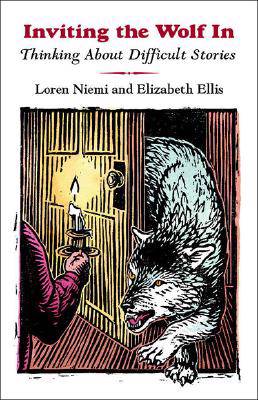
Bedankt voor het vertrouwen het afgelopen jaar! Om jou te bedanken bieden we GRATIS verzending (in België) aan op alles gedurende de hele maand januari.
- Afhalen na 1 uur in een winkel met voorraad
- In januari gratis thuislevering in België
- Ruim aanbod met 7 miljoen producten
Bedankt voor het vertrouwen het afgelopen jaar! Om jou te bedanken bieden we GRATIS verzending (in België) aan op alles gedurende de hele maand januari.
- Afhalen na 1 uur in een winkel met voorraad
- In januari gratis thuislevering in België
- Ruim aanbod met 7 miljoen producten
Zoeken
Omschrijving
Winner of the Storytelling World AwardA difficult story is any story whose content makes it challenging to tell or difficult to hear. Told for the wrong reasons, it can be as painful for the listener as for the teller. However, as we know from literature and media, Sophie's Choice to The Sixth Sense, told properly, a difficult story can powerfully alter not only he who tells it, but those who hear it. How can we tell the stories of wickedness and loss, sorrow and grief? How do we respectfully engage our audience and get to the core of a story's meaning? Niemi and Ellis begin with the assumption that it is essential and beneficial to tell difficult stories. Stopping our ears or stilling our tongues will not make tragedy go away; rather, the first step in ending suffering is to name it for what it is.
Specificaties
Betrokkenen
- Auteur(s):
- Uitgeverij:
Inhoud
- Aantal bladzijden:
- 194
- Taal:
- Engels
Eigenschappen
- Productcode (EAN):
- 9780874836233
- Verschijningsdatum:
- 10/01/2006
- Uitvoering:
- Paperback
- Formaat:
- Trade paperback (VS)
- Afmetingen:
- 138 mm x 214 mm
- Gewicht:
- 240 g

Alleen bij Standaard Boekhandel
+ 59 punten op je klantenkaart van Standaard Boekhandel
Beoordelingen
We publiceren alleen reviews die voldoen aan de voorwaarden voor reviews. Bekijk onze voorwaarden voor reviews.









